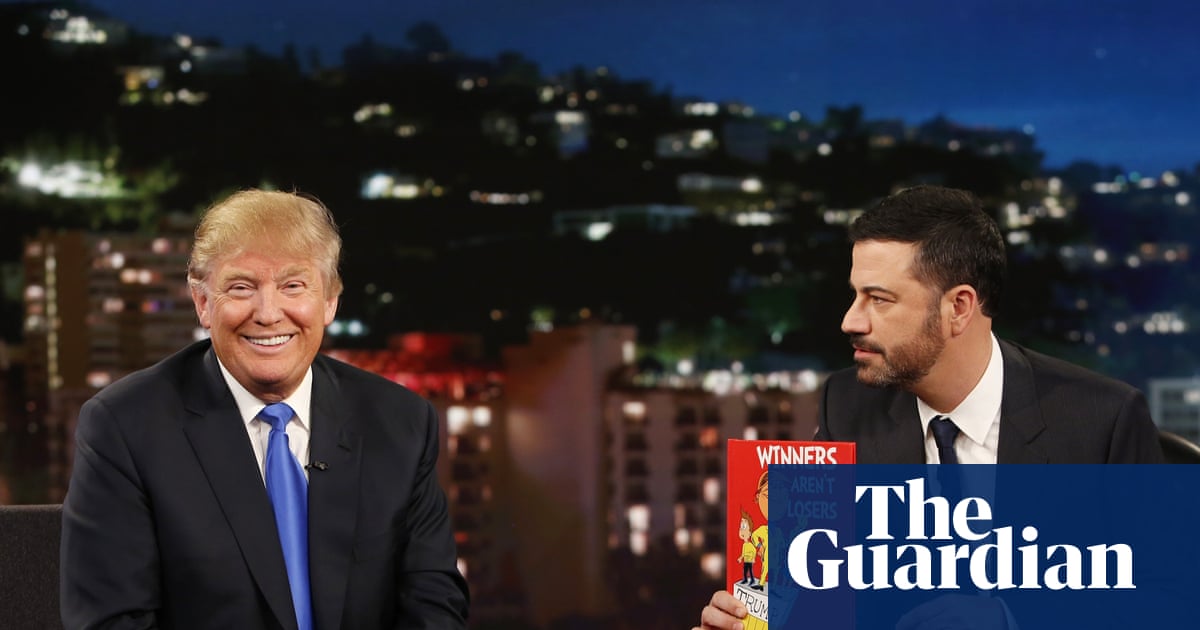
"Steve Allen, the radio man who launched what would become the Tonight Show, regularly poked fun at political figures in his opening monologues but in a measured, self-deprecating style that was typical of the era. It wasn't until comedian Johnny Carson took over in 1962 that the Tonight Show transformed into a cultural institution where politics was mined for nightly material. Carson resorted to impersonations and satire to highlight the human inconsistencies within politics, and borrowed from Abbott and Costello's Who's on First? sketch"
"As the Tonight Show mushroomed into one of the most popular shows on US television, attracting 17 million nightly viewers at its peak, Americans came to see Carson as a clearer lens on current events than straight news. A 2022 article in the journal Social Science Research found that Carson's daily mentions of Richard Nixon or Watergate in the early 1970s was a major contributor to the president's approval rating crash, underscoring Carson's tremendous influence on the bygone monoculture in his nearly 30 years"
Late-night television in the US has routinely riffed on political news and provoked real-world consequences. ABC suspended Jimmy Kimmel after on-air remarks about the killing of Charlie Kirk, and Donald Trump urged further action against hosts. Topical humor on late-night shows has roots in the mid-1950s, and presidents have long engaged with the medium. Steve Allen used measured, self-deprecating political jokes, while Johnny Carson transformed the Tonight Show into a powerful cultural institution that mined politics nightly. Carson's routines, impersonations and satire influenced public perception and contributed to shifts in presidential approval during his nearly 30 years on air.
Read at www.theguardian.com
Unable to calculate read time
Collection
[
|
...
]